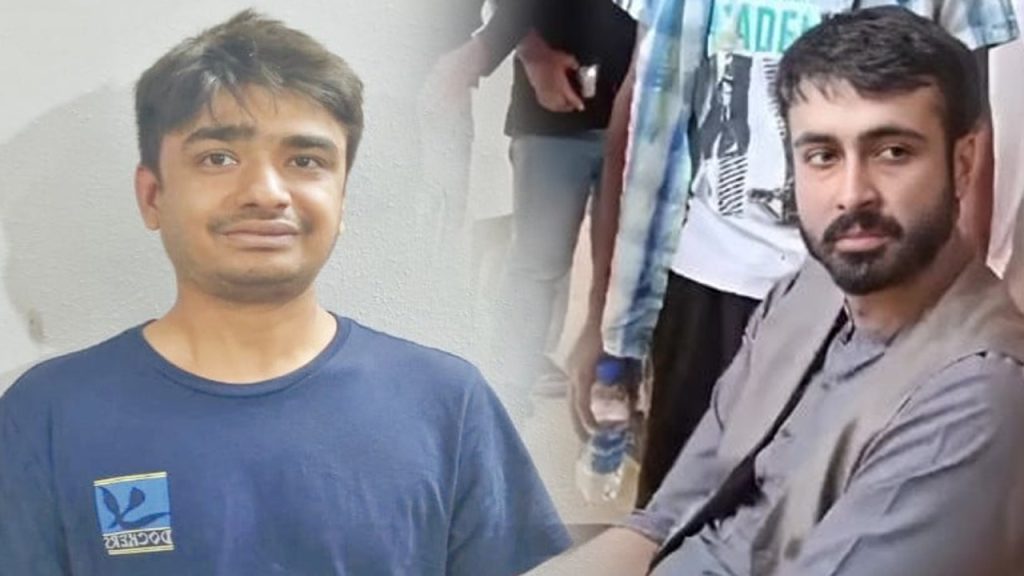The Mustafa murder case in Karachi has brought to light the alarming reach and influence of Pakistan’s notorious drug mafia. This case has revealed the deep connections between influential figures, including politicians, businessmen, and even artists, who are allegedly involved in the drug trade.
In a significant turn of events, the investigation has exposed the presence of an international drug network deeply embedded within Pakistan. This network has been using private courier companies for smuggling illegal substances across the country. Authorities are now investigating links to money laundering and cybercrime activities connected to the case.
Sahir Hassan, the son of well-known actor Sajid Hassan, has been arrested in connection with the murder case. During his interrogation, he disclosed crucial details about his involvement in drug trafficking. Hassan reportedly came into contact with Mustafa through another suspect named Armaghan. Investigators obtained Sahir’s call data records, revealing frequent communication with Armaghan, further strengthening their suspicions about their role in the broader drug operation.
Authorities believe that the drug mafia used the dark web for large-scale transactions, amounting to crores of rupees every month. Sahir Hassan allegedly placed drug orders through this encrypted platform, paying drug dealers like Yahya, who supplied him in Karachi. Another individual, Bazal, played a pivotal role by facilitating shipments through private courier services. Investigators have traced numerous parcels received by Sahir, exposing the mafia’s vast network.
As the investigation continues, officials are expanding their probe into financial crimes, including money laundering linked to the drug trafficking operation. The Federal Investigation Agency (FIA) has sent requests to banking institutions to uncover illicit transactions tied to the mafia’s operations. The authorities also revealed that drugs were being trafficked from California, USA, to Islamabad and Lahore before eventually making their way to Karachi.
In a related development, Sahir Hassan was presented in court after his physical remand. The investigating officer requested an extension of his remand for further questioning. The court granted a one-day extension, and the accused will be brought to court again soon.
Authorities have also recovered high-grade hashish from Sahir at the time of his arrest. The drugs had been reportedly imported through illegal channels, further highlighting the mafia’s organized structure. The investigation suggests that the case could implicate even more prominent figures in Pakistan’s drug trade as the net tightens around the powerful network.
The scale of Pakistan’s drug mafia is becoming clearer with each passing day. The authorities, particularly the FIA and the Special Investigation Unit (SIU), are determined to uncover the full extent of the network. The case highlights the troubling influence of the drug mafia on various aspects of society, raising concerns about the impact on Pakistani youth, public safety, and the country’s overall socio-economic stability.
Pakistan’s drug mafia has metastasized into a societal crisis. From funding terrorism to corrupting institutions, these networks destabilize communities. Youth addiction rates have surged, while cartels infiltrate politics and law enforcement, weakening governance. Economically, laundered drug money distorts markets, and violent turf wars plague cities like Karachi. The Mustafa case underscores a grim reality: until the narcotics empire is dismantled, Pakistan’s security and future remain at risk.


